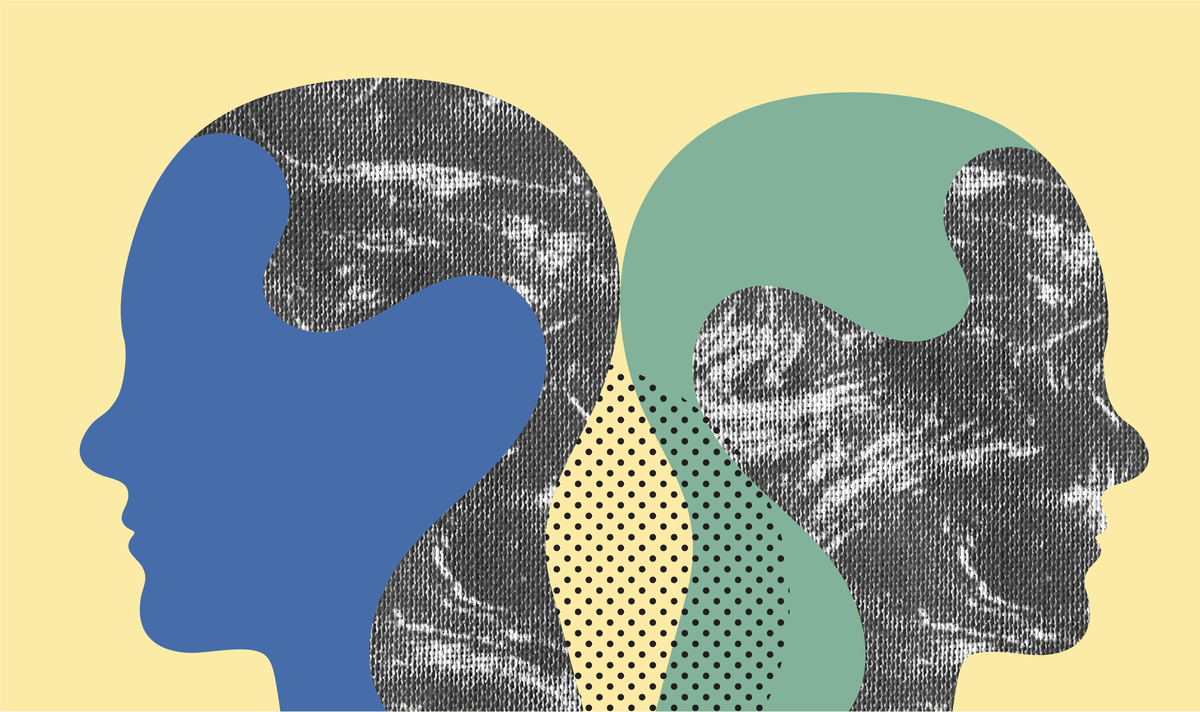Teen’s death prompts discussion about trans mental health
Meanwhile, posts falsely claimed that being trans is a mental health condition and debated the difference between medical aid in dying and suicide.

Meanwhile, posts falsely claimed that being trans is a mental health condition and debated the difference between medical aid in dying and suicide.
Last week, articles about a transgender teen’s death generated online conversation about how discrimination and legislation targeting trans people impacts trans mental health. Plus, a Utah study showing the benefits of gender-affirming care was met with false claims that trans identity is a mental health condition, and posts debated the difference between medical aid in dying and suicide.
In response, communicators may circulate mental health resources for trans people, reiterate that trans identity is not a mental health condition, and share suicide prevention education.

Insights brought to you by the reporters and science writers of Public Good News (PGN), a nonprofit newsroom dedicated to improving community health.
What’s trending nationally in conversations about mental health
On May 31, articles confirmed the identity of a missing trans teen who was found dead in Oregon earlier that month. On May 2, the teen had shared a photo on X depicting a view of the Portland skyline from a bridge over the Willamette River. The post has received approximately 100 million views as of June 5. In a reply to her own post, the teen wrote, “long way down,” and many social media users across platforms interpreted the posts as a suicide note. Her family has also stated that she struggled with mental health challenges. The teen’s death prompted an outpouring of support for the trans community, and social media posts across platforms highlighted the mental health impacts of discrimination and legislation targeting trans people. However, some posts mocked the teen and expressed stigmatizing attitudes toward trans people.
Utah lawmakers recently announced that they will not revisit the state’s 2023 law banning gender-affirming care for minors, despite a study commissioned under the same law finding that gender-affirming care creates “positive mental health and psychosocial functioning outcomes.” Social media posts across platforms discussed the mental health benefits of gender-affirming care, and many expressed dismay that Utah lawmakers are “ignoring evidence” from a study that they requested. Other posts, however, expressed unfounded concerns that gender-affirming care is unsafe and falsely referred to trans identity as a “mental illness.”
On May 20, Delaware legalized medical aid in dying, also known as physician-assisted death, sparking online debate about the difference between suicide and MAID, a practice in which a health care provider gives a competent adult patient with a terminal illness a prescription for a lethal dose of medication at the patient’s request. Meanwhile, bills in New York and Illinois that would legalize MAID generated similar discussions across social media platforms. While some posts argued that MAID “would help so many patients” who are suffering, others suggested that legalizing the practice is a “slippery slope” that could encourage people with mental health conditions to end their lives rather than seek support.

Recommendations brought to you by the health communication experts behind Infodemiology.com.
Recommendations for public health professionals
Each week, the Infodemiology.com team will provide messaging recommendations in response to some of the trending narratives outlined above. These helpful tips can be used when creating content, updating web and FAQ pages, and developing strategy for messaging about mental health.
Conversations about trans mental health typically spike after trans youth die by suicide. This provides an opportunity to recirculate mental health resources for trans people, such as therapist directories where people can search for trans-informed therapists and support groups, the Trans Lifeline, the Trevor Project’s hotline for LGBTQ+ youth, and the LGBT National Help Center.
The myth that being trans is a mental health condition frequently emerges in online conversations about gender-affirming care. In response, communicators may stress that while trans people may experience psychological distress in response to discrimination and legal stigma, all major mental health organizations agree that trans identities are normal variants of human gender and are not mental health conditions. Communicators may also reiterate that gender-affirming care improves mental health.
Given conversations about suicide, communicators may recirculate the warning signs of suicide and general mental health resources, such as therapist directories, support groups, local mental health centers, and the 988 Suicide & Crisis Lifeline. Messaging may also include resources for people who have lost loved ones to suicide.
